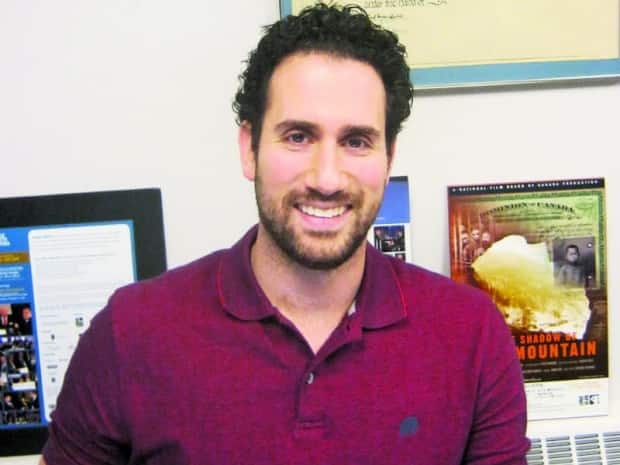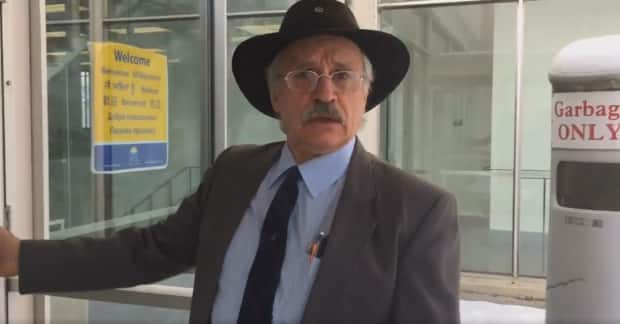B.C. man faces strict conditions after breaching sentence for anti-Semitic hate crimes
A B.C. man convicted of an online hate crime is facing strict new rules on his public expression after breaching his sentencing conditions.
Arthur Topham, who ran a publication from his rural home near the central Interior city of Quesnel, was convicted in 2015 of communicating online statements that wilfully promoted hatred against Jewish people.
As part of his sentence, Topham was forbidden from publishing or publicly posting information about "persons of Jewish religion or ethnic origin."
But In October, a provincial court judge ruled Topham had breached that condition by creating new posts throughout 2018.
Late last week, the judge sentenced Topham to a 30-day conditional sentence and three years probation for the breach, placing strict new conditions on Topham's public posts.

For the next three years, Topham is forbidden from publishing or printing publicly any reference to or information about the Talmud, Zionism, Israel, and the Jewish religion, ethnicity or people.
Topham is also forbidden from publicly posting the names of people he knows to be of Jewish origin.
According to court documents, he will still be allowed to publicly name his wife and her family, but not to mention their ethnicity or origin. During his original trial, Topham told the court his wife is Jewish.
In addition to the terms of his three-year probation, Topham will serve a 30-day conditional sentence, with a nightly curfew and a requirement to remain in B.C. He's also prohibited from having weapons, liquor, or alcohol.
"Justice has been served," said Ran Ukashi, National Director with B'nai Brith, a Jewish advocacy group that's been closely following the case.
"It serves as a deterrent for others, to realize there are consequences, there's a price to pay," said Ukashi.

"There are limits to … free speech and promoting hatred against identifiable groups is not on," he said."This person has been given opportunity after opportunity to not behave this way."
A retired teacher now in his 70s, Topham was first charged in 2012. A website he produced featured frequent posts with anti-Semitic conspiracy theories and demonized Jewish people, according to evidence at his trial.

At his original trial in 2015, Topham's lawyer argued the posts were political satire, did not incite violence, and included materials that could easily be ordered on Amazon.
Topham's case was the first hate crime prosecution in B.C. in almost a decade.
It drew support from the Ontario Civil Liberties Association, which champions free speech, as well as from self-proclaimed "white nationalists," who attended Topham's jury trial in the Quesnel courthouse, 700 km northeast of Vancouver.
Paul Fromm helped to fund Topham's defence and covered his trial through video blogs from Quesnel. Monika Schaefer, who served jail time in Germany for Holocaust denial, also attended court.


